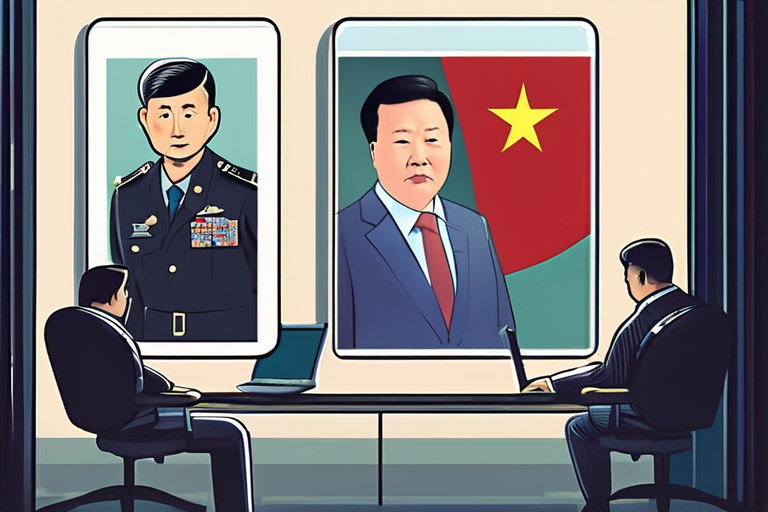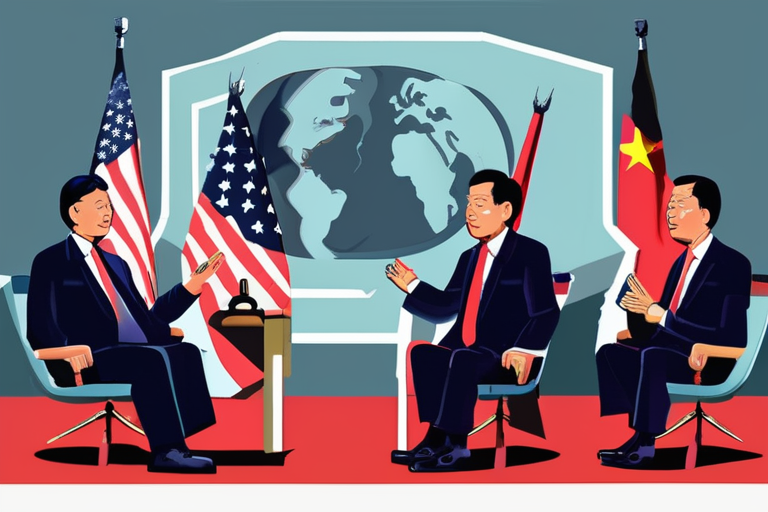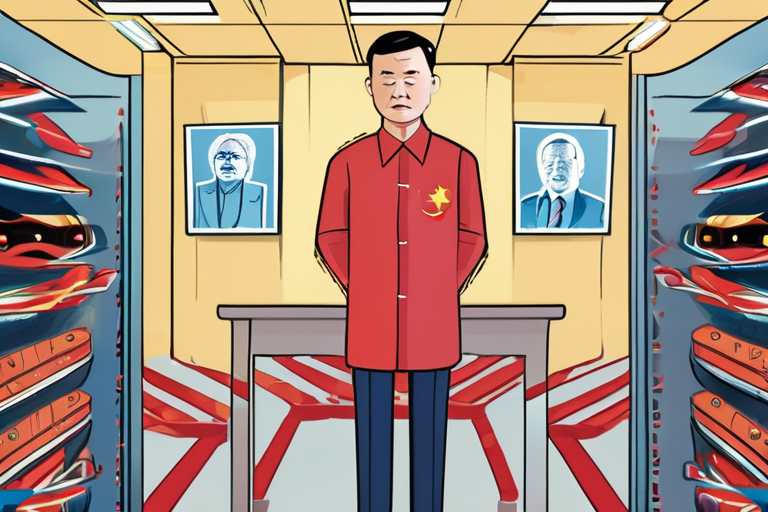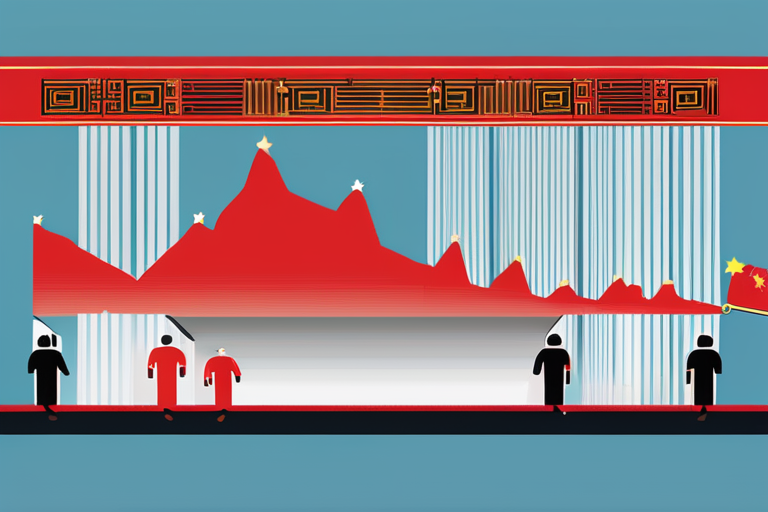AidData, a research lab at the College of William & Mary in Virginia, has uncovered a massive secret lending network between Chinese state banks and U.S. businesses, with over $200 billion in loans funneled into American companies over a 25-year period. The report reveals that much of the lending was routed through shell companies in the Cayman Islands, Bermuda, Delaware, and elsewhere to obscure their origins.
According to the study, the majority of the loans were used to help Chinese companies acquire stakes in U.S. businesses, many of which are tied to critical technology and national security, including a robotics maker, a semiconductor company, and a biotech firm. The report found that the lending network extended beyond developing countries to rich ones, including the U.K., Germany, Australia, the Netherlands, and other U.S. allies.
The study's lead author, Brad Parks, stated, "China was playing chess while the rest of us were playing checkers. They were investing in the U.S. in a way that was not transparent, and it's had significant implications for our national security and economic stability." Parks emphasized that the report's findings highlight the need for greater transparency and oversight in international lending practices.
The report's findings have significant implications for U.S. businesses and policymakers. The study notes that many of the loans were made without proper disclosure, making it difficult to track the flow of funds and assess the risks associated with these investments. This lack of transparency has raised concerns about the potential for Chinese companies to gain access to sensitive technology and intellectual property.
The study's findings also raise questions about the role of U.S. companies in facilitating these secret loans. The report notes that many U.S. companies have received significant investments from Chinese state banks, often without disclosing the true ownership structure of these investments.
The report's release comes at a time when tensions between the U.S. and China are running high, with trade disputes and security concerns dominating the headlines. The study's findings are likely to add fuel to the debate about the risks and benefits of Chinese investment in the U.S.
The current status of the report's findings is that they have been met with a mix of surprise and concern from policymakers and business leaders. The U.S. government has yet to comment on the report's findings, but lawmakers are likely to demand greater transparency and oversight in international lending practices.
As the report's findings continue to be digested, it is clear that the implications for U.S. businesses and policymakers will be significant. The study's authors are calling for greater transparency and oversight in international lending practices, and policymakers are likely to respond with new regulations and guidelines to address these concerns.



























Share & Engage Share
Share this article